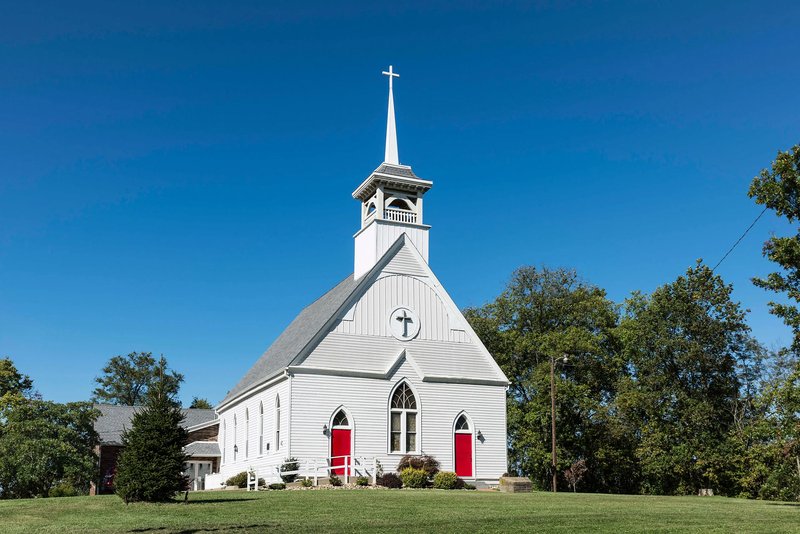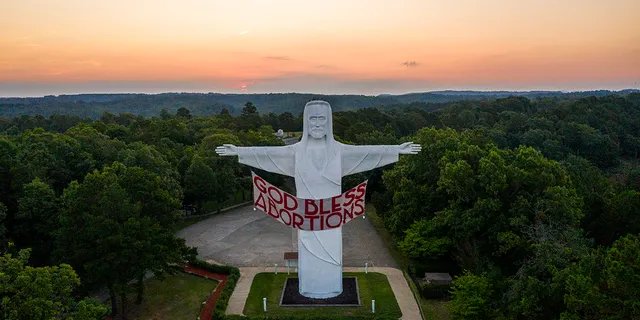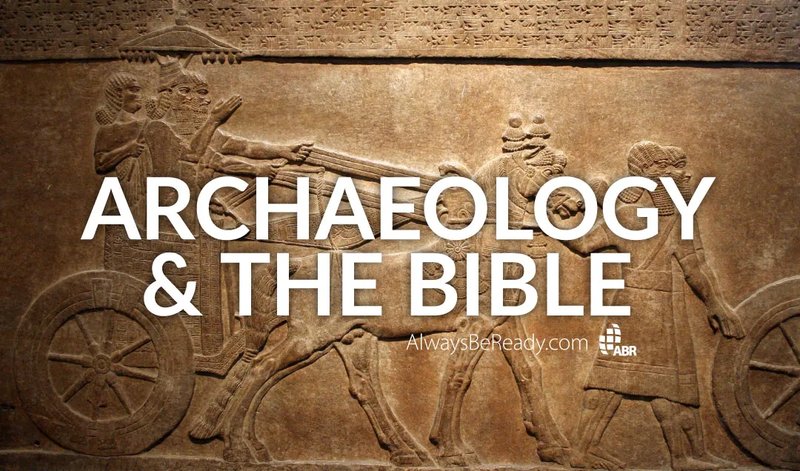· Christianity > Protestant Christianity > Restorationist · 4 min read
Biblical Insights on the Spiritual Journey of Disciples
Discover the history and beliefs of the Disciples of Christ in this insightful article. Learn about their faith, practices, and impact on Christianity.

Disciples of Christ
The Disciples of Christ, officially known as the Christian Church (Disciples of Christ), is a denomination that places emphasis on Christian unity, inclusiveness, and social action. They strive to be a movement for wholeness in a fragmented world and welcome all to the Lord’s Table as God has welcomed them. The denomination has approximately 691,000 members and over 3,700 churches in North America.
Origins and Beliefs
The Disciples of Christ movement is part of the larger Restoration Movement that began in the early 19th century. It was founded by two influential leaders, Alexander Campbell and Barton Stone. Prior to their meeting in 1824, they each had their own religious movements in separate states in the U.S. After realizing their shared beliefs and desires for the church, they combined their groups, giving birth to the Restoration Movement.
In 1906, the Christian Church (Disciples of Christ) was formed as part of a schism within the Restoration Movement. This schism also led to the creation of the Churches of Christ (Non-Instrumental) and the Independent Christian Church.
The Disciples of Christ believe in the priesthood of all believers and do not have a hierarchical church polity. They practice believer’s baptism by immersion and do not baptize infants. Communion holds great importance for them, symbolized by the chalice used as their denomination’s logo. Most Disciples of Christ congregations observe communion every week.
Worship Practices
The Christian Church (Disciples of Christ) uses a lectionary, which is a collection of pre-selected Scripture readings for worship and study. Many congregations also follow liturgical seasons such as Advent, Christmas, Epiphany, Lent, Easter, and Pentecost. However, participating in the liturgical calendar is not mandatory for all congregations.
The denomination avoids denominational labels and aims to avoid putting Christians “in a box.” They believe that Christians can have a variety of doctrinal differences and value unity rather than uniformity. Their official confession is simple, stating that Christ is Lord and Savior.
Liberal Stance and Controversial Issues
The Christian Church (Disciples of Christ) is known for its lack of defined doctrinal boundaries, making it one of the most theologically liberal churches in America today. They have taken progressive stances on various social issues. For example, they ordain women as pastors and have affirmed that openly homosexual individuals are welcome as members and leaders in their church. The denomination has consistently supported legalized abortion. It is important to note that their position on heaven and hell is considered “speculative,” and they do not take an official stance on either.
Biblical Perspective
While the Disciples of Christ denomination values unity, inclusiveness, and social action, it is essential to consider the importance of standing firm in sound doctrine as instructed in the Bible. The lack of defined doctrinal boundaries within the denomination raises questions about how a church can stand firm if it does not know where it stands on important theological issues. Additionally, the call to test the spirits (1 John 4:1) becomes challenging when theological tests are absent.
Why This Matters
Understanding the beliefs and practices of different Christian denominations can help us engage in meaningful conversations and foster unity within the body of Christ. While there may be theological differences among Christians, it is crucial to evaluate these differences in light of biblical teachings and the importance of standing firm in sound doctrine.
Think About It
How can churches balance inclusiveness and social action with the need for doctrinal clarity?
What role does sound doctrine play in ensuring biblical faithfulness within a denomination?
How can Christians engage with those who hold different theological perspectives while remaining faithful to biblical truths?
By considering these questions and engaging in respectful dialogue, we can navigate the complexities of denominational diversity while remaining anchored in the truth of God’s Word.



